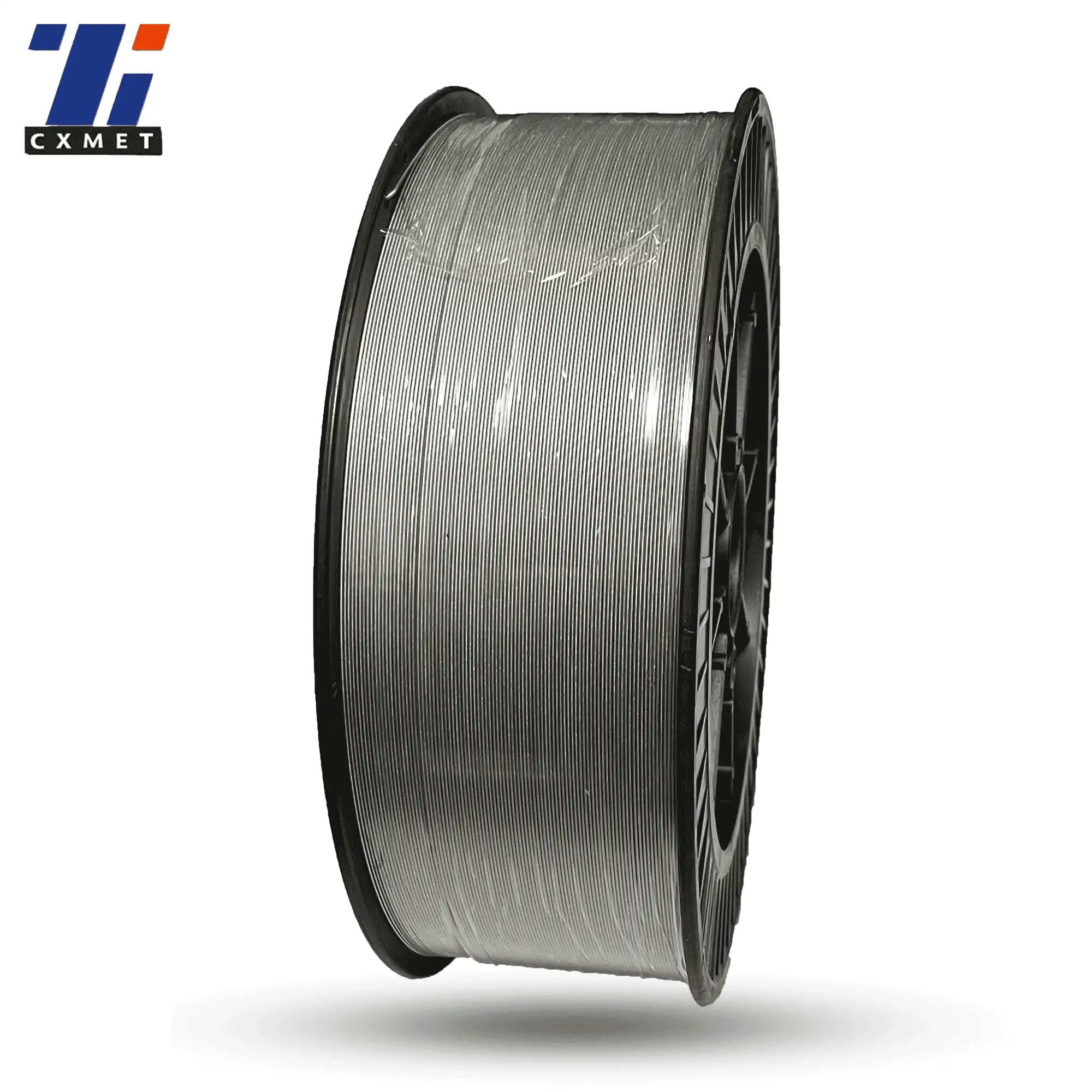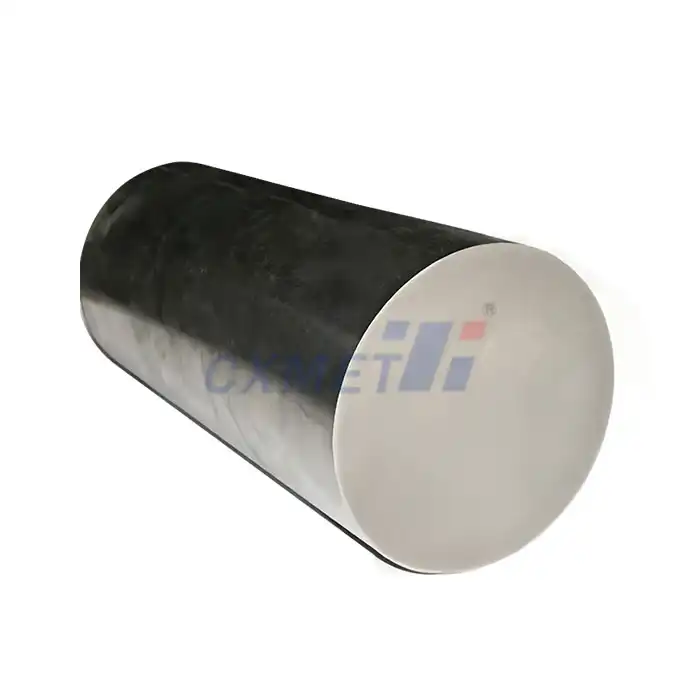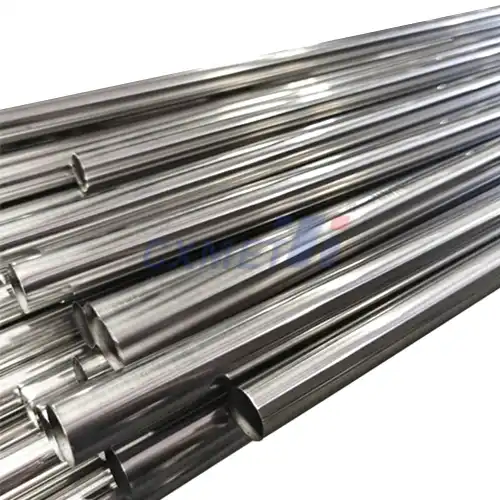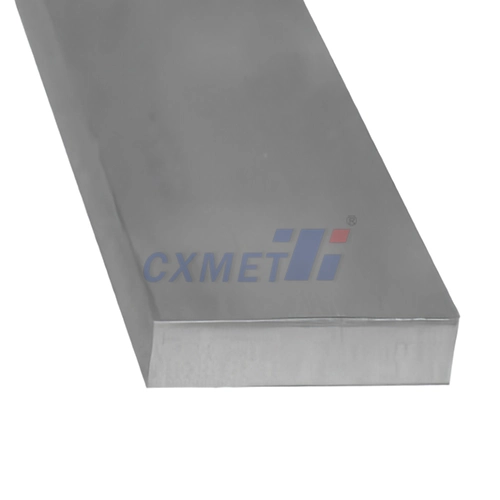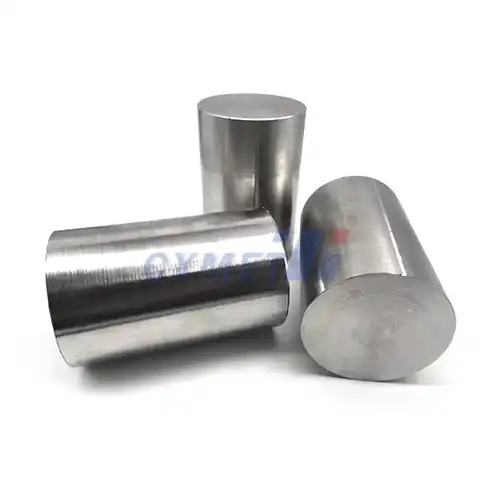- English
- French
- German
- Portuguese
- Spanish
- Russian
- Japanese
- Korean
- Arabic
- Greek
- German
- Turkish
- Italian
- Danish
- Romanian
- Indonesian
- Czech
- Afrikaans
- Swedish
- Polish
- Basque
- Catalan
- Esperanto
- Hindi
- Lao
- Albanian
- Amharic
- Armenian
- Azerbaijani
- Belarusian
- Bengali
- Bosnian
- Bulgarian
- Cebuano
- Chichewa
- Corsican
- Croatian
- Dutch
- Estonian
- Filipino
- Finnish
- Frisian
- Galician
- Georgian
- Gujarati
- Haitian
- Hausa
- Hawaiian
- Hebrew
- Hmong
- Hungarian
- Icelandic
- Igbo
- Javanese
- Kannada
- Kazakh
- Khmer
- Kurdish
- Kyrgyz
- Latin
- Latvian
- Lithuanian
- Luxembou..
- Macedonian
- Malagasy
- Malay
- Malayalam
- Maltese
- Maori
- Marathi
- Mongolian
- Burmese
- Nepali
- Norwegian
- Pashto
- Persian
- Punjabi
- Serbian
- Sesotho
- Sinhala
- Slovak
- Slovenian
- Somali
- Samoan
- Scots Gaelic
- Shona
- Sindhi
- Sundanese
- Swahili
- Tajik
- Tamil
- Telugu
- Thai
- Ukrainian
- Urdu
- Uzbek
- Vietnamese
- Welsh
- Xhosa
- Yiddish
- Yoruba
- Zulu
What is a Titanium Weld Neck Flange?
2024-09-09 15:44:10
A Titanium Weld Neck Flange is a specialized component used in piping systems to connect pipes, valves, and other equipment. These flanges are made from titanium, a strong, lightweight, and corrosion-resistant metal. The term "weld neck" refers to the flange's design, which features a long tapered hub that is welded directly to the pipe. This design provides a smooth, continuous flow path and superior strength compared to other flange types. Titanium Weld Neck Flanges are particularly valued in industries where high performance, durability, and resistance to harsh environments are crucial.
How are Titanium Weld Neck Flanges manufactured?
The manufacturing process of Titanium Weld Neck Flanges is a complex and precise operation that requires specialized equipment and expertise. The process typically involves several steps, each crucial to ensuring the final product meets the high standards required for industrial applications.
1. Material Selection: The process begins with selecting high-quality titanium alloy, usually Grade 2 or Grade 5 (Ti-6Al-4V), depending on the specific application requirements. These grades offer an excellent balance of strength, corrosion resistance, and weldability.
2. Forging: The titanium material is heated to a high temperature and then shaped using powerful hydraulic presses or hammers. This forging process helps to improve the metal's grain structure, enhancing its strength and durability.
3. Machining: After forging, the flange undergoes precision machining. Computer Numerical Control (CNC) machines are typically used to achieve the exact dimensions and specifications required. This step includes creating the bore, facing the flange, and machining the raised face or ring groove.
4. Heat Treatment: Depending on the titanium grade and application requirements, the flange may undergo heat treatment. This process can include solution treating and aging to optimize the material's mechanical properties.
5. Surface Finishing: The flange surface is carefully finished to ensure smoothness and remove any imperfections. This may involve grinding, polishing, or other surface treatments.
6. Quality Control: Throughout the manufacturing process, rigorous quality control measures are implemented. This includes dimensional checks, material composition analysis, and non-destructive testing such as ultrasonic or radiographic inspections to ensure the flange meets all required standards and specifications.
7. Welding Preparation: The weld neck portion of the flange is carefully prepared for welding. This includes beveling the edge to the correct angle and ensuring the surface is clean and free from contaminants.
The manufacturing of Titanium Weld Neck Flanges requires a high level of precision and expertise. The use of advanced manufacturing technologies and strict quality control procedures ensures that these flanges meet the demanding requirements of industries such as chemical processing, oil and gas, and aerospace.
What are the advantages of using Titanium Weld Neck Flanges?
Titanium Weld Neck Flanges offer numerous advantages that make them an excellent choice for many industrial applications. Understanding these benefits helps explain why they are often preferred over flanges made from other materials or with different designs.
1. Corrosion Resistance: One of the primary advantages of titanium is its exceptional corrosion resistance. Titanium forms a stable, protective oxide layer when exposed to air or water, making it highly resistant to many corrosive environments. This property is particularly valuable in industries dealing with seawater, chlorine, or other corrosive chemicals.
2. High Strength-to-Weight Ratio: Titanium has one of the highest strength-to-weight ratios of any metal. This means Titanium Weld Neck Flanges can provide the necessary strength for high-pressure applications while being significantly lighter than steel alternatives. The reduced weight can lead to easier handling, lower transportation costs, and less stress on supporting structures.
3. Temperature Resistance: Titanium maintains its strength and properties across a wide temperature range. It performs well in both cryogenic applications and at elevated temperatures, making it suitable for diverse operating conditions.
4. Excellent Fatigue Resistance: Titanium has superior fatigue resistance compared to many other metals. This property is crucial in applications where the flange may be subjected to cyclic loading or vibrations, ensuring a longer operational life.
5. Biocompatibility: In medical and food processing applications, the biocompatibility of titanium is a significant advantage. It does not react with human tissues or fluids, making it safe for use in these sensitive environments.
6. Low Thermal Expansion: Titanium has a relatively low coefficient of thermal expansion. This property helps maintain seal integrity in applications with significant temperature fluctuations.
7. Weld Neck Design Benefits: The weld neck design itself offers several advantages:
- Improved Flow Characteristics: The smooth transition from pipe to flange reduces turbulence and pressure drop.
- Enhanced Strength: The design distributes stress more evenly, reducing the risk of failure at the pipe-flange junction.
- Better Fatigue Resistance: The gradual transition of the weld neck design helps in resisting cyclic loading better than other flange types.
8. Long-Term Cost-Effectiveness: While the initial cost of Titanium Weld Neck Flanges may be higher than some alternatives, their longevity and reduced maintenance requirements often result in lower total lifecycle costs.
9. Customizability: Titanium is relatively easy to machine, allowing for customization to meet specific application requirements.
10. Resistance to Erosion and Abrasion: Titanium's hardness and wear resistance make these flanges suitable for applications involving abrasive materials.
These advantages make Titanium Weld Neck Flanges an excellent choice for critical applications where performance, longevity, and reliability are paramount. While the initial investment may be higher than for flanges made from more common materials, the long-term benefits often justify the cost, especially in harsh or demanding environments.
In which industries are Titanium Weld Neck Flanges commonly used?
Titanium Weld Neck Flanges find applications across a wide range of industries due to their unique properties and performance characteristics. Their use is particularly prevalent in sectors where corrosion resistance, high strength-to-weight ratio, and reliability under extreme conditions are critical. Let's explore some of the key industries where these flanges are commonly employed:
1. Chemical Processing Industry:
In chemical processing plants, Titanium Weld Neck Flanges are extensively used due to their exceptional resistance to corrosive chemicals. They are particularly valuable in handling chlorine, sulfuric acid, and other aggressive substances that would rapidly degrade many other materials. The flanges' ability to withstand these harsh environments ensures longer equipment life and reduces the risk of leaks or failures, which is crucial for both safety and operational efficiency.
2. Oil and Gas Industry:
The offshore oil and gas sector is another major user of Titanium Weld Neck Flanges. In offshore platforms and subsea applications, these flanges are exposed to seawater and often high pressures. Titanium's corrosion resistance to seawater and its high strength make it an ideal choice. The lightweight nature of titanium also reduces the overall weight of piping systems, which is a significant consideration in offshore structures.
3. Aerospace and Defense:
In aerospace applications, the high strength-to-weight ratio of titanium is a crucial factor. Titanium Weld Neck Flanges are used in aircraft fuel systems, hydraulic systems, and other critical applications where weight savings and reliability are paramount. The aerospace industry also values titanium's ability to withstand extreme temperatures, from the cold of high altitudes to the heat generated by high-speed flight.
4. Power Generation:
In power plants, particularly those using seawater for cooling, Titanium Weld Neck Flanges are used in heat exchangers and piping systems. Their resistance to corrosion by seawater and their ability to withstand high temperatures make them ideal for these applications. They are also used in geothermal power plants where resistance to corrosive geothermal fluids is essential.
5. Desalination Plants:
The process of desalination exposes equipment to highly corrosive saltwater. Titanium Weld Neck Flanges are used in the piping systems of desalination plants due to their excellent resistance to saltwater corrosion, ensuring long-term reliability and reduced maintenance needs.
6. Pulp and Paper Industry:
In paper mills, where chemicals like chlorine and chlorine dioxide are used for bleaching, Titanium Weld Neck Flanges provide the necessary corrosion resistance. They are used in piping systems handling these corrosive chemicals, contributing to safer and more durable plant operations.
7. Medical and Pharmaceutical Industries:
The biocompatibility of titanium makes these flanges suitable for use in pharmaceutical production facilities and medical equipment. They are used in piping systems where purity and resistance to contamination are critical.
8. Food and Beverage Processing:
In food processing plants, Titanium Weld Neck Flanges are used in areas where resistance to cleaning chemicals and prevention of contamination are important. Their smooth surface finish also aids in maintaining hygiene standards.
9. Marine Industry:
Beyond offshore oil and gas, Titanium Weld Neck Flanges are used in various marine applications, including shipbuilding and oceanographic research equipment. Their resistance to seawater corrosion and high strength make them ideal for these environments.
10. Nuclear Power Industry:
In nuclear power plants, where safety and reliability are paramount, Titanium Weld Neck Flanges are used in various systems. Their resistance to radiation damage and ability to maintain their properties under extreme conditions make them suitable for this demanding application.
The use of Titanium Weld Neck Flanges in these industries demonstrates their versatility and the value they bring to critical applications. While their initial cost may be higher than alternatives, their long-term performance, reliability, and reduced maintenance requirements often make them the most cost-effective choice over the lifecycle of the equipment. As industries continue to push the boundaries of performance and operate in increasingly challenging environments, the demand for these specialized flanges is likely to grow.
At SHAANXI CXMET TECHNOLOGY CO., LTD, we take pride in our extensive product range, which caters to diverse customer needs. Our company is equipped with outstanding production and processing capabilities, ensuring the high quality and precision of our products. We are committed to innovation and continuously strive to develop new products, keeping us at the forefront of our industry. With leading technological development capabilities, we are able to adapt and evolve in a rapidly changing market. Furthermore, we offer customized solutions to meet the specific requirements of our clients. If you are interested in our products or wish to learn more about the intricate details of our offerings, please do not hesitate to contact us at sales@cxmet.com. Our team is always ready to assist you.
References
1. ASM International. (2015). ASM Handbook, Volume 2: Properties and Selection: Nonferrous Alloys and Special-Purpose Materials.
2. American Society of Mechanical Engineers. (2021). ASME B16.5: Pipe Flanges and Flanged Fittings.
3. Donachie, M. J. (2000). Titanium: A Technical Guide. ASM International.
4. Leyens, C., & Peters, M. (Eds.). (2003). Titanium and Titanium Alloys: Fundamentals and Applications. John Wiley & Sons.
5. NACE International. (2018). Corrosion of Titanium and Titanium Alloys.
6. Peters, M., Kumpfert, J., Ward, C. H., & Leyens, C. (2003). Titanium Alloys for Aerospace Applications. Advanced Engineering Materials, 5(6), 419-427.
7. Schutz, R. W., & Watkins, H. B. (1998). Recent developments in titanium alloy application in the energy industry. Materials Science and Engineering: A, 243(1-2), 305-315.
8. Titanium Industries, Inc. (2022). Titanium Flanges Technical Data Sheet.
9. Wang, Q., & Wang, L. (2016). Microstructure and Superplasticity of Fine-Grained Titanium Alloys. Metals, 6(9), 231.
10. Welding Research Council. (2019). WRC Bulletin 541: Welding of Titanium and Titanium Alloys.
